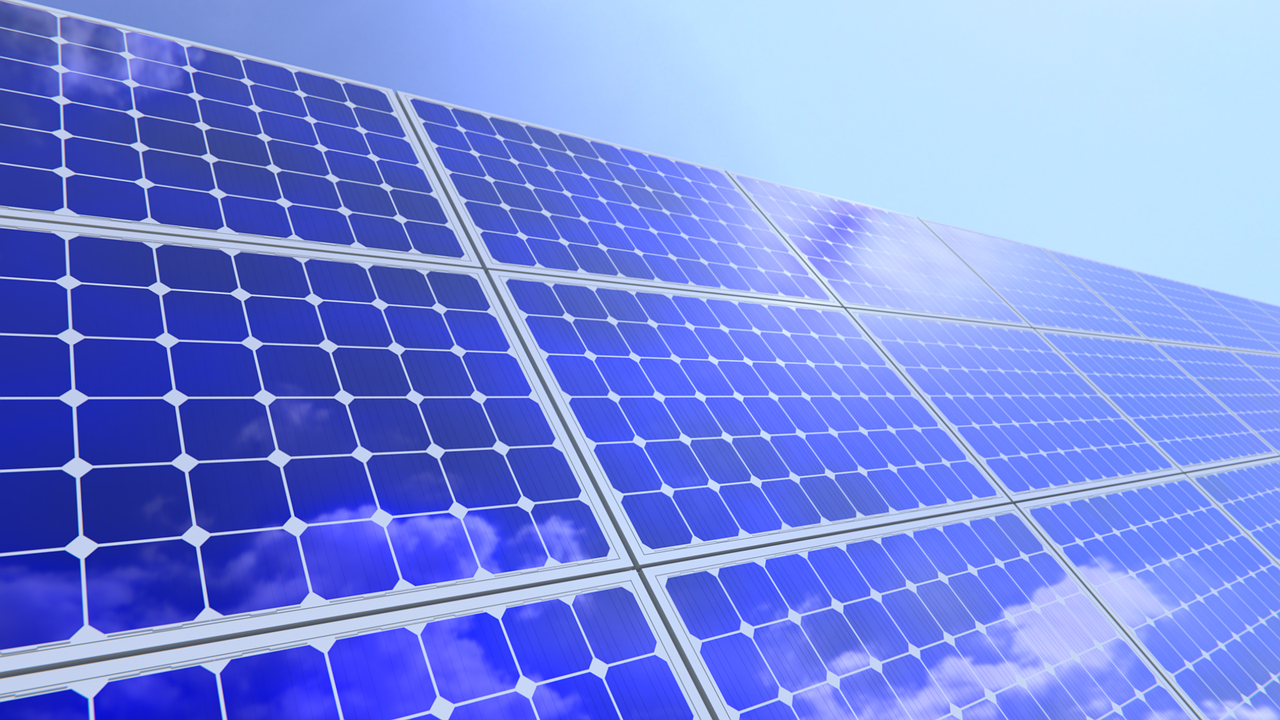
The MoU envisages setting up Self-identified Pumped Storage Projects of at least 2,000 MW and Renewable Energy Projects (Ground-Mounted Solar Projects / Floating Solar Projects) of at least 1,000 MW in the state.
For an uninitiated, Pumped storage projects (PSPs) are hydroelectric power generation systems that use two water reservoirs at different elevations. During periods of low electricity demand, excess electricity from the grid is used to pump water from the lower reservoir to the upper reservoir. PSPs have found their way onto the agenda of the central and state governments as they can potentially bridge the gap in peak demand and supply and offer stability to the power grid.
The Government of Odisha is exploring different sources of clean energy, to meet its increasing energy requirement, diversify sources of energy and address potential climate change issues. With about 280 - 300 days of sunshine a year and a Global Horizontal Solar resource average of about 4.5-5.0 KWh/m2/day, Odisha has fairly good potential for solar power generation.
In March this year, Odisha's Higher Education department had announced that it would install solar power systems on the campuses of 48 government degree colleges and 16 teacher education institutes under its jurisdiction as per Odisha Renewable Energy Policy 2022.
Under its Renewable Energy Policy, the state government also offers incentives and subsidy to users installing solar energy methods especially solar rooftop.
Last October, GRIDCO announced that the Sun temple and the Konark town will be fully illuminated by solar power under MNRE scheme.













 IndianWeb2.com is an independent digital media platform for business, entrepreneurship, science, technology, startups, gadgets and climate change news & reviews.
IndianWeb2.com is an independent digital media platform for business, entrepreneurship, science, technology, startups, gadgets and climate change news & reviews.



